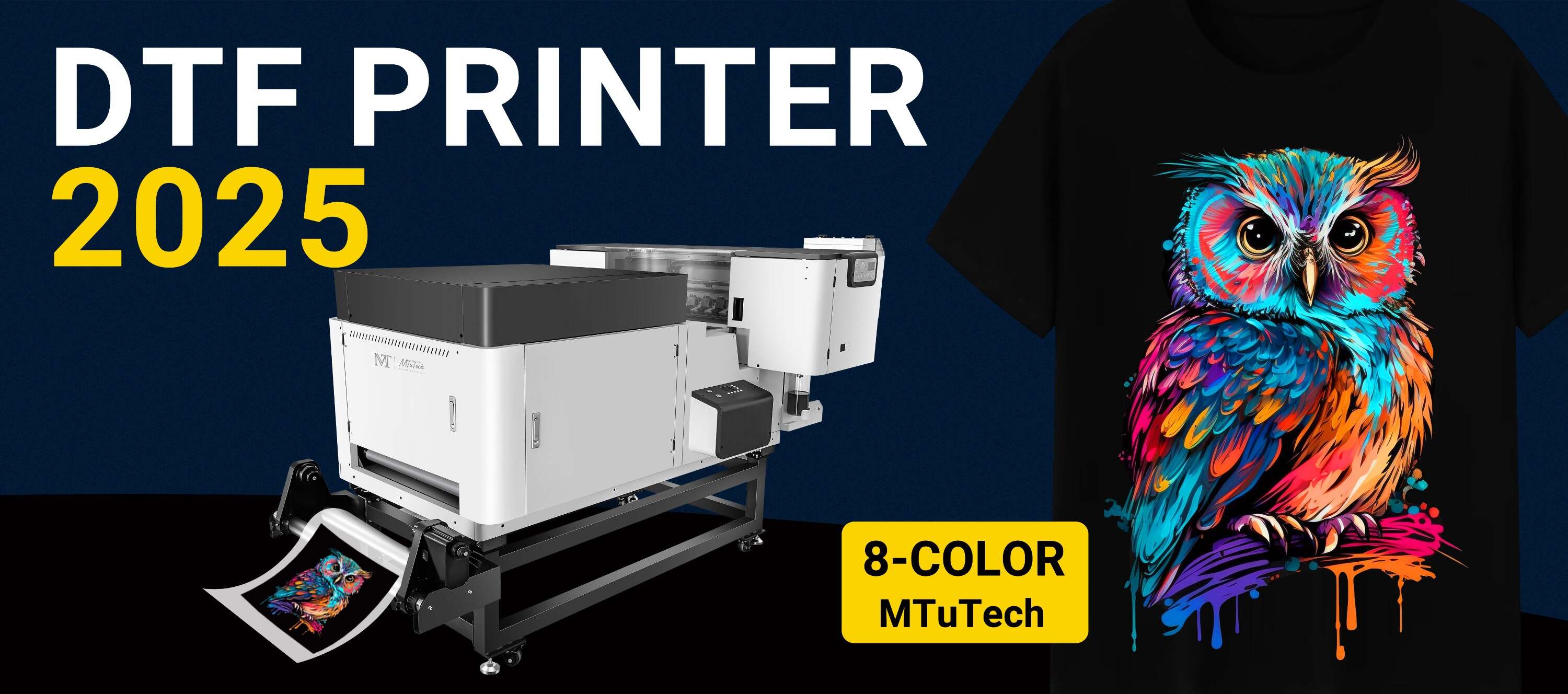Best Fabrics for DTF Printing: A Comprehensive Compatibility Guide
Introduction
DTF (Direct-to-Film) printing is gaining massive popularity because of its flexibility, and one of its biggest advantages is the wide variety of fabrics it can print on. But not all fabrics perform the same — some absorb color better, hold detail longer, and stretch without cracking. In this comprehensive guide, we’ll explore the best fabric types for DTF printing and how to choose the right one for your custom printing projects.
Why Fabric Compatibility Matters in DTF Printing
- A good fabric ensures better ink adhesion and durability
- Prevents cracking or fading after washing
- Maintains vibrant color tones and soft hand-feel
- Improves overall customer satisfaction with the final product
Top Fabric Types for DTF Printing
- **Cotton (100%):** Offers excellent ink absorption and detail clarity.
- **Cotton Blends:** Good for balancing softness and stretch.
- **Polyester:** Surprisingly effective with DTF; no pre-treatment needed like DTG.
- **Lycra/Spandex Blends:** Works great if you use flexible inks and proper curing.
- **Canvas and Denim:** Durable and holds bold prints for bags, jackets, etc.
Fabrics to Avoid or Test First
- **Nylon:** May repel powder/ink without pre-treatment.
- **Silk or Delicate Fabrics:** Can burn or discolor under heat press.
- **Heavily Textured Fabrics:** Can cause uneven transfer or detail loss.
Fabric Testing Checklist
- Check wash durability after 24-48 hours
- Test for cracking or ink lift after stretching
- Ensure no powder residue remains post-press
- Review print softness and overall look
Conclusion
DTF printing is versatile — but the fabric still makes a difference. By choosing the right base materials, you can ensure durability, quality, and vibrant results for everything from fashion apparel to custom gifts.
Want to explore DTF technology that performs well across fabric types? Check out our premium DTF printer built for consistent, vibrant prints on a wide range of materials.

